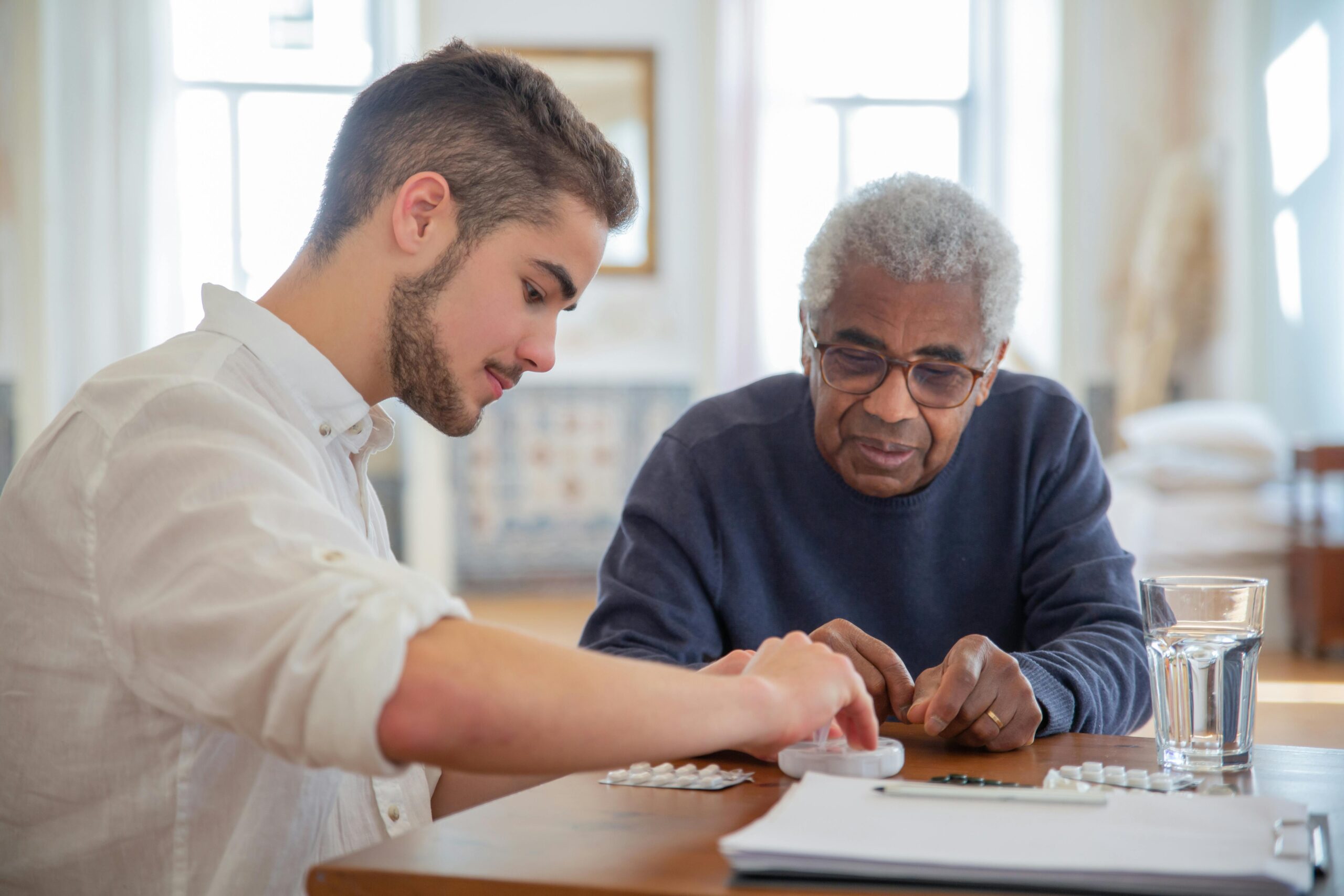OMHC
- Home
- OMHC
Client Satisfaction Survey
We value your feedback! Please fill out this quick survey to let us know how we’re doing
Through our OMHC, we’ve helped decrease the prevalence and incidence of mental illness, emotional disturbance and social dysfunction in our youth and adult patients.
We’ve built a multidisciplinary team of psychiatrists, licensed social workers, licensed professional counselors, marriage and family licensed therapists, public health educators and other mental health professionals. Our entire team looks forward to caring for your mental health needs.

Compassionate Care. Exceptional Service

Diagnostic Evaluation
Individual and Family Therapy


Individual Treatment Plan (ITP)
- ITP includes the individual’s diagnosis, presenting problems, needs, strengths, treatment expectations and responsibilities
- Long term and short term goals in measurable terms and target dates for each goal
- Criteria for successful completion of treatment and reasons for continuing treatment. A crisis response plan and baseline/progress on objectives
Continuing Evaluation and Treatment


Medication Services
Diagnostic Evaluation
Individual and Family Therapy
Individual Treatment Plan (ITP)
- ITP includes the individual’s diagnosis, presenting problems, needs, strengths, treatment expectations and responsibilities
- Long term and short term goals in measurable terms and target dates for each goal
- Criteria for successful completion of treatment and reasons for continuing treatment. A crisis response plan and baseline/progress on objectives
Continuing Evaluation and Treatment
Medication Services
These services are provided by licensed professionals such as Clinical Therapists and Social Workers. Therapy generally occurs weekly until sufficient progress has occurred to decrease the frequency of sessions. Anger and stress management, coping and problem-solving skills, social skills, improved self-esteem and self-control, improved familial relationships, and behavior management are among some of the common treatment goals worked on within the therapy sessions.
A treatment plan is developed in collaboration with the individual and parent/and or guardian.
- ITP includes the individual’s diagnosis, presenting problems, needs, strengths, treatment expectations and responsibilities
- Long term and short term goals in measurable terms and target dates for each goal
- Criteria for successful completion of treatment and reasons for continuing treatment. A crisis response plan and baseline/progress on objectives

